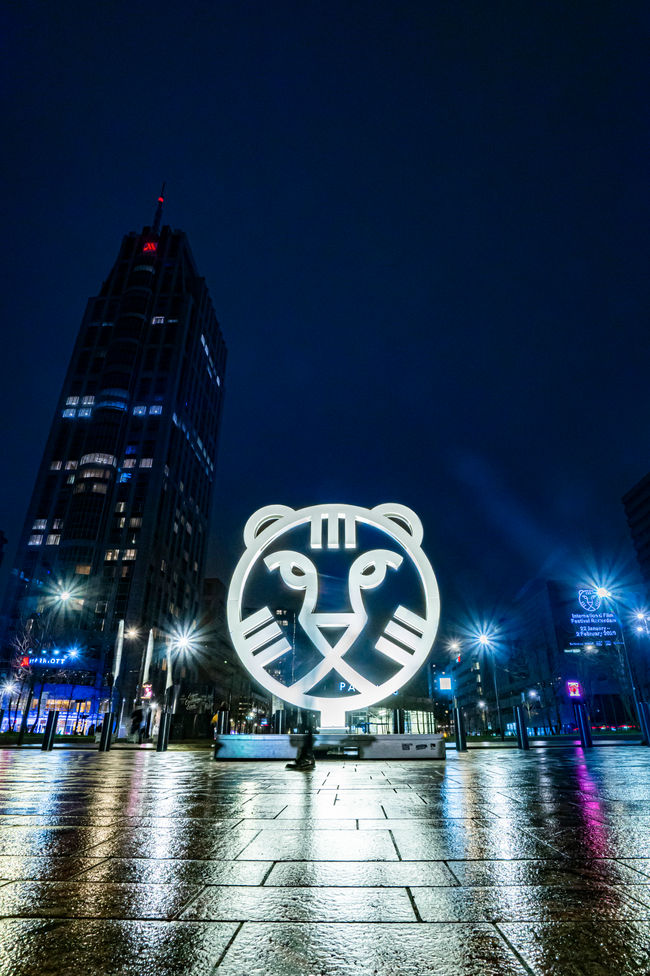In Conversation with Terence Nance
27 January 2020
By Young Film Critic Alithnayn Abdulkareem
By Young Film Critic Alithnayn Abdulkareem
Are you one of those directors who carried a super 8 and documented everything?
Not at all, I didn’t have a camera.
Talk me through some of your favourite motifs across your work.
Motifs? Like Miles Davis says, “I just make this I let you figure out what it’s called.”
You have the monotone voices, or it’s not a thing that you’re conscious of?
That’s interesting, I’m only just noticing that. They are like mantras which are important. Everyday spells that you speak.
What was the most memorable response to your work thus far?
I screened my first film, An Oversimplification of Her Beauty (2012) in a prison. They really related to the letter writing aspect of it. In the movie, it’s sort of created, staged. Prison letter writing takes on another form of essentiality, because it’s the inmates’ only, deep lifeline. They connected with it in a different way, I think.
During the Masterclass you held about your work and The Ummah Chroma’s, you spoke of movement-based proactivity as your conduit to inspiration. Can you describe this?
Inspiration is a process, upon which I meditate daily. It takes time. I practice a daily ritual of being in reverence and gratitude, in a position to embody and create. It’s not result-driven, and there’s no aha moment. I see it as having faith and being open to the movement, ideas and experience. At one point, it will come into being.
Inspiration is a process, upon which I meditate daily.
— Terence Nance
You’re a very busy person, and you just talked about how this takes time. Are your visions more singular than fragmented?
When it comes to my music, I wrote little pieces of most of my song on a guitar years ago. They sort of show up in my head years later, and then I won’t work on them for another year or two. It takes a long time, and I wouldn’t necessarily advise anyone to do it.
I saw the film (As Told To G/D Thyself) yesterday for the first time in a while. In the first five minutes, I felt the need to change something in it, which I probably will at some point, but that’s not necessarily healthy. It’s not healthy based on the understanding of how, as makers, we should interact with our work. That form of infinite revisionism is a hindrance.
You spoke about black people taking stewardship of their power. It’s important for institutions to realize and support this. How does IFFR lend this kind of support?
Well, most recently the physicalised space, which I think is a central manifestation. They provided the space and there were resources to execute that.
You mention the strong influence of your environment in your work. How would you want all of that to reflect to Africans – like myself, who are not of the diaspora? Is there one black community you’re trying to service more than others in your films? Is there a hierarchy? Or is that not something you think about?
I definitely think about that. There’s no hierarchy and I wouldn’t prescribe to know how the work can be useful to anyone – across the kind of diaspora or home spectrum. I think the work and the intentions behind it have an unknowable use to me, to anyone. I hope it will be useful. That it fulfils the intention.
What it the intention?
For As Told To G/D Thyself, it is to meditate on and to explore the spirit-based strategies to raise free black children. To specifically explore the strategy of submitting to a moment of compassion.









